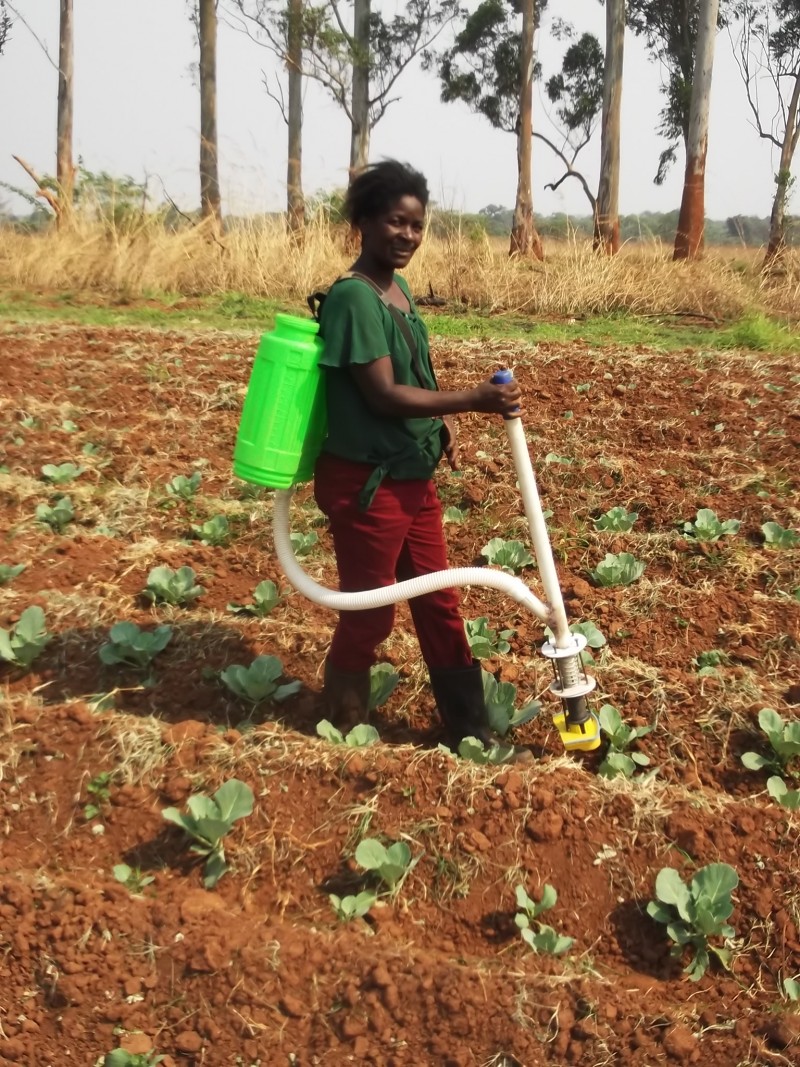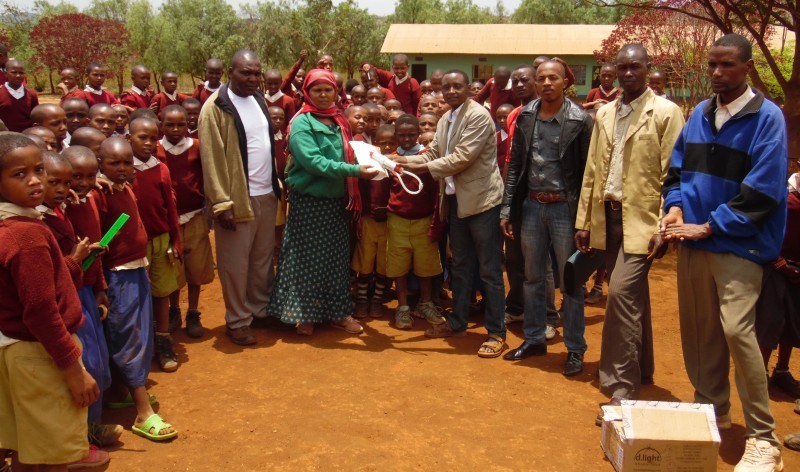The 50 entries received for the the first Africa Prize for Engineering Innovation and have now been narrowed down to four, and the overall winner to be announced on the 1st of June.
Africa Prize judge Dr Bola Olabisi describes the main finalists as “exemplars of African engineering innovation with remarkable potential.”
Who will claim the top spot? We thought we would let you decide for yourself with a quick rundown of the four ideas vying for a cash prize of just over R455 000. The finalists are currently taking part in a mentorship programme to improve upon their ideas ahead of final presentation – training is also provided to help them turn their innovations into viable business plans.
We start close to home with an idea from 43-year-old Ernst Pretorius in Pretoria who got inspiration for his Draadsitter (Afrikaans for fence sitter) during a visit to a farmer friend. Already patented and a few years old, Draadsitter can detect tampering on fences of up to 800 metres long and set off an alarm.
Pretorius says his innovation will help combat Rhino poaching and is a must-buy for both conservationists and farmers. He adds that the Draadsitter operates on battery power, is not susceptible to harsh weather conditions and can last for up to three years.
Another innovation in line for the Africa Prize has to do with mobile technology and was originated by software engineer Samuel Njuguna from Kenya. Njuguna’s innovation, called Chura, is a web-based application for Kenyans who own more than one SIM card on different mobile networks and wish to transfer airtime from one SIM to the other or even convert it to cash. Njuguna and his team are working on a mobile app and hope to establish the service in Nigeria and Zambia soon.
In the above YouTube post, Njuguna explains how Chura can be a great solution for students trying to meet assignment deadlines.
The third finalist is Zambian-born Musenga Silwawa. Silwawa designed an environmentally-friendly precision fertiliser applicator which mimics a walking stick and is a clever way to apply fertiliser directly to plants instead of applying it to an entire field (and one way to save overhead costs and fertiliser).

The innovation will not only save farm workers time, it could also preserve their health as they will not be bending over in order to place fertiliser by hand.
The fourth and last finalist, Dr Askwar Hilonga from the Nelson Mandela African Institute of Science & Technology in Tanzania, has designed a low-cost sustainable water filter system. The solution makes use of sand-based water filters and nanotechnology to remove pollutants and bacteria from water.
This innovation is meant for communities that live near expansive water sources but find themselves paying for expensive, bottled drinking water because the river or lake in their community is polluted according to .
Eight other shortlisted innovators from the first Africa Prize for Engineering Innovation received six months of mentorship and training. Each one of the four runner up’s is already guaranteed a R180 000 prize going into the final. The Royal Academy of Engineering has announced it is accepting entries for the second Africa Prize for engineers living and working in sub-Saharan Africa. Entries close on the 29th of June so it’ll do you good to get going in order to stand in line for this lucrative prize.


